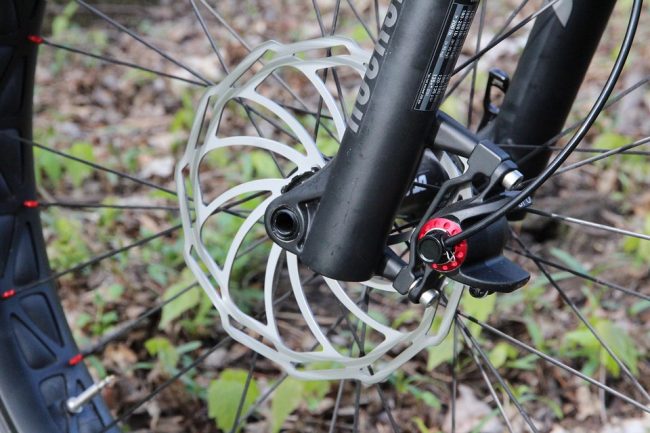Disc brakes are an innovation introduced just a few years ago, are they really more efficient than skid brakes? The answer is yes but we see in detail why.
1) Functioning
Both types of brakes exploit the principle of friction to actually implement braking. As the friction force acts on the brake, the braking body of the latter wears and tails.
In the case of skid brakes, the braking body is the rubber which is driven by the tension of a cable, that is, so by traction.
In disc brakes, the braking body is the padlock attached to the piston which is driven by the hydraulic oil introduced into the pipe, so by compression.
2) Distribution of the brake
The braking force of the skid brake is discharged to a single point on the tire. The braking force of the disc brakes is instead discharged on the hub dividing on each radius of the wheel. The result is a gradual slowdown, more controllable.
3) Drive
The skid brakes are driven by a cable. This results in a progressive loss of cable elasticity and consequently a little or no modular braking.
Disc brakes are actuated by a cylinder full of oil, the pump, secured to a lever that the pulling force forces the oil to leak out. Then the oil pushes the pistons and allows the brakes to stop. The liquid does not undergo any alteration, therefore it guarantees a much steadier efficiency over time.
